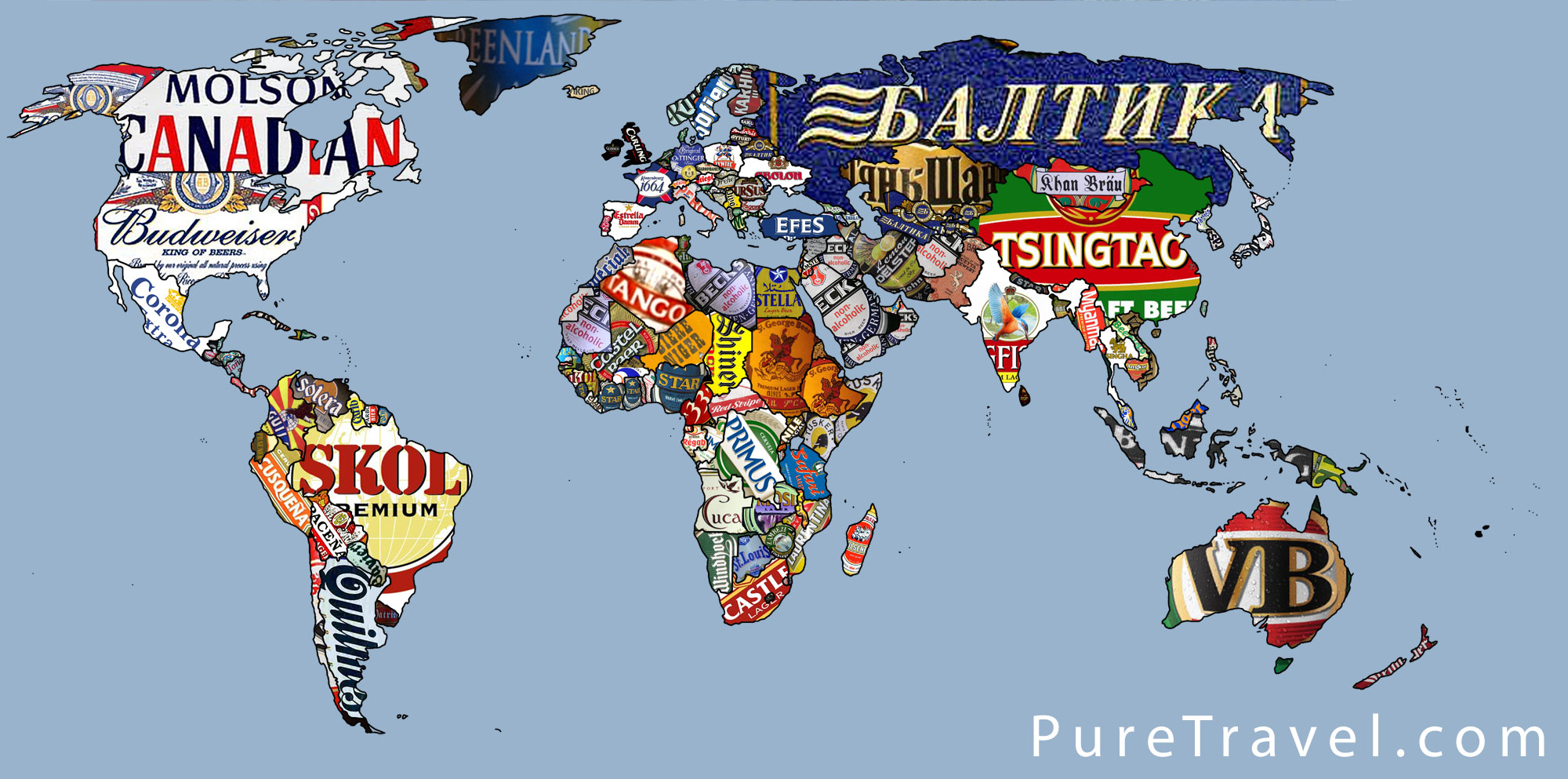Imaginings
stories, creative nonfiction, poetry, and other imaginative accounts of the natural world
-
USES OF ENVIRONMENTAL HUMANITIES: LISA FITZGERALD

The Uses of Environmental Humanities series explores diverse and creative ways of thinking with the Environmental Humanities in responding to socio-environmental challenges. Contributors address the influence of the Environmental Humanities and ways in which we might use this field of study, offering insights into the interactions between societies, science, politics, and culture. The series is
-
Lives Wasted: Garbage as a Forgotten Dimension of the European “Refugee Crisis”
by Maximilian Feichtner and Theresa Leisgang A deflated rubber boat is washed up on the eastern coast of Chios. Once the waves have buried it under rocks and it becomes even more entangled with seagrass, you will hardly be able to see it. But for tourists strolling along the beach, this isn’t the only reminder
-
The Global Invention of Lager Beer

By Jeffrey Pilcher “Around the World in 80 Beers.” It’s an arresting image of the globalization of beer. This map on the PureTravel website depicts each country according to its bestselling or iconic national brand: from Budweiser in the United States and Corona in Mexico, to Tsingtao in China and Oettinger in Germany.
-
Call for Papers: The Environmental History of the Pacific World
Conference – Sun Yat Sen University, Guangzhou, China 24 May – 26 May 2018 Location: Sun Yat Sen University, Guangzhou, China Sponsors: The Rachel Carson Center for Environment and Society, Ludwig Maximilians University, Munich; Department of History and The Center for Oceania Studies, Sun Yat Sen University, Guangzhou; The Center for Ecological History, Renmin University of China, Beijing.
-
Climates of Migration: An Interview with Uwe Lübken
In a kind of commentary on the Kyoto Protocol, researchers at the Rachel Carson Center are studying historical examples that illustrate the scale of population displacement that climate change can bring about. In this interview the head of the project, Uwe Lübken, discusses questions of climate and migration.